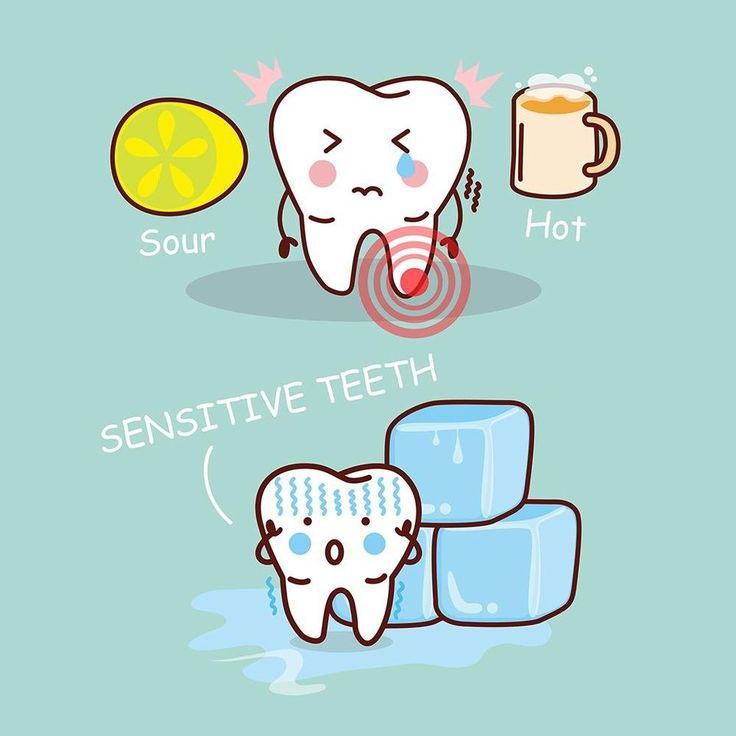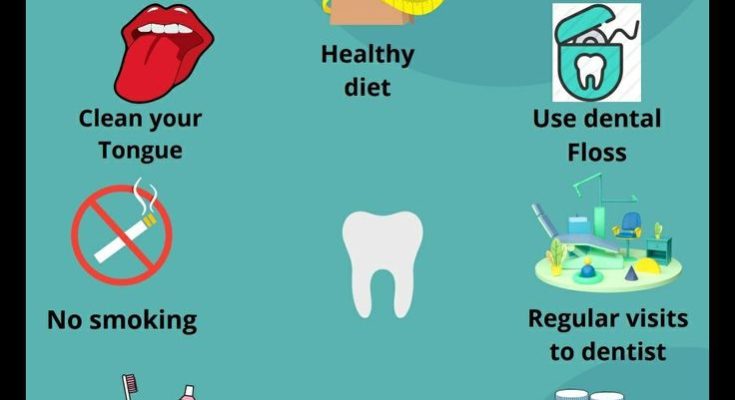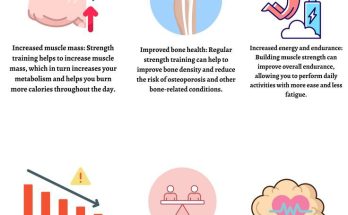Tips for maintaining your teeth and gums are a guide to taking care of your dental health.
Our dentition is one of the most neglected parts of our health until toothache, cavities, or gum disease strikes. Dental health refers to the health of your teeth, gums, and mouth. It’s important to maintain good dental health to prevent problems like cavities, gum disease, and other issues.
In this blog post, we look at common dental problems, some of their causes, treatment or prevention, and Tips for maintaining your teeth and gums. This blog post enlightens you on your journey to your clean and healthy oral health.

10 Common dental problems and how to prevent them
We would look at 10 common dental problems, some are easy to treat while others aren’t.
Below are common dental problems, what causes them, and how to prevent them.
- Cavities: Cavities are holes in the teeth caused by a sticky film of bacteria that builds up on the teeth and eats away at the enamel. Cavities can be prevented by brushing and flossing regularly and using fluoride toothpaste. If you do get a cavity, it can usually be treated with a filling. Cavities can cause pain, sensitivity, and infection. If the cavity is left untreated, it can lead to tooth loss and abscesses.
Prevention of cavities includes:
- Practice good oral hygiene like brushing and flossing daily.
- Visit your dentist regularly for cleanings and checkups
- Eat healthy diets.
- Avoid sugary foods.
- Gum disease: Gum disease can be caused by poor oral hygiene. It can lead to tooth loss and other health problems. Gum disease is caused by bacteria that build up on the teeth and gums. Symptoms include red, swollen, or bleeding gums, as well as bad breath. Gum disease can lead to serious health problems like tooth loss, bone loss, and even heart disease.
Treatment for gum disease:
- Deep cleanings.
- Antibiotics.
- Surgery.
- Tooth sensitivity: Tooth sensitivity can be caused by exposed tooth roots, cavities, or worn enamel. You can treat sensitivity by using a special toothpaste, avoiding acidic foods, and using a soft-bristled toothbrush.
Tooth sensitivity could be a sudden pain in response to different temperatures like eating ice cream, or drinking a hot beverage. It usually indicates the enamel is wearing down, exposing the sensitive hard tissues underneath.
You can treat Tooth sensitivity by:
- The use of Special kinds of toothpaste which is made available to help block the little tubes in the dentin that make your teeth sensitive.
- Visiting your dentist so s/he can be able to provide treatment or restore the teeth if possible
- Teeth grinding: Bruxism or teeth grinding. This can cause jaw pain, headaches, and damage to the teeth. It can be treated with a mouthguard, stress management, and muscle relaxants. Bruxism, or teeth grinding, is a subconscious behavior. People typically grind their teeth subconsciously when stressed, anxious, excited, or even while sleeping.
This results in teeth being worn down, increasing the risk of chips, cracks, and failed restorative treatments.
Treatment/prevention of Bruxism includes:
- Behavioral and lifestyle changes to help alleviate grinding during the day.
- Restful activities, such as reading a book before bed, to prevent nighttime teeth grinding.
- A custom mouth guard for nighttime use can be made to protect the teeth from the negative effects of grinding.
- Toothache: Toothache can be mild, temporary, severe, long-lasting, and debilitating. It can lead to constant pain, swollen gums, and sensitivity to hot and cold. It can be treated with pain relievers, antibiotics, or dental procedures like filling.
Toothache can be caused by:
- Cavities.
- Trauma to the tooth.
- Failed restorative treatment.
- Gum disease.
- Teeth grinding.
- Tooth decay: Tooth Decay occurs when the enamel of the tooth begins to break down due to the release of acid by bacteria that consume glucose. This occurs if the teeth are not properly cleaned regularly and are exposed to a diet high in glucose. It can be prevented by brushing thoroughly at least twice daily or flossing daily. Keeping sugary things in check.
Tooth decay can lead to:
- Infection of the tooth.
- Weakening the tooth until it breaks.
- Loss of the tooth.
- Bad breath: Bad breath can be caused by poor oral hygiene, smoking, certain foods, or dry mouth. It can be treated by improving oral hygiene, quitting smoking, and avoiding certain foods. Bad breath is a common dental problem that can also be treated by regularly visiting the dentist and with proper dental care.
Bad breath can be caused by:
- Mouth infections or diseases like gum disease or abscess.
- Smoking.
- Dry mouth.
- Poor oral hygiene.
- Bleeding gums: Bleeding gums are a sign of gingivitis or gum disease. They are an early sign of these gum diseases which can be easily prevented with good oral hygiene. However, if left untreated the gun disease could grow into a periodontal disease where the immune system attacks the bone of the mouth.
This can lead to:
- Increased risk of cardiovascular disease.
- Loss of bone in the jaw.
- Loss of tooth.
- Canker sores: Canker sores are small, painful ulcers that occur inside the mouth and No, they are not cold sores. These sores can be caused by stress, injury to the mouth, or certain foods. Canker sores usually heal on their own, but there are things you could do to speed up the process.
These things include:
- Using over-the-counter pain relievers.
- Using salt water rinse
- Avoiding acidic foods.
- Dry mouth: Dry mouth can be caused by medications, certain medical conditions, dehydration, or mouth breathing. It is a condition where the mouth doesn’t or cannot produce enough saliva. A dry mouth can lead to bad breath, difficulty swallowing, and an increased risk of tooth decay. If it is not attended to, dry mouth can lead to more serious problems like gum disease and tooth decay.
Treatment for dry mouth includes:
- Drinking more water.
- Using a humidifier.
- Using saliva substitutes.
- Increasing saliva production.

Tips for maintaining your teeth and gums
Your teeth and gums make up your overall health and a blow to them would be a big problem. So maintain your oral health. Below are tips to help you maintain your oral health.
- Brush your teeth twice a day with a soft-bristled toothbrush and fluoride toothpaste.
- Consider an electric toothbrush, which can be more effective than a manual toothbrush.
- Use a mouthwash that contains fluoride.
- Use a tongue scraper to remove bacteria from your tongue.
- Floss daily, using a back-and-forth motion.
- Use a water flosser to clean your teeth and gums.
- Visit your dentist every six months for a cleaning and checkup
- Eat a healthy diet and avoid sugary foods and drinks.
- Don’t smoke or use tobacco products.
- Avoid excessive alcohol consumption.
- Limit intake of acidic foods and drinks, like coffee, soda, and citrus fruits.
- Take plenty of calcium and vitamin D, which are important for healthy teeth and gums.
- Use a night guard if you grind your teeth at night.
- Wear a mouthguard when playing sports or engaging in other activities that could cause damage to your teeth.
- Chew sugar-free gum to stimulate saliva production.
- Drink plenty of water to stay hydrated.

Conclusion
By following these simple Tips for maintaining your teeth and gums, you can keep your teeth and gums healthy for years to come. It’s important to remember that good oral health is not only about your teeth and gums but also about your overall health.
Taking care of your teeth and gums is an investment in your overall well-being. So make sure to make oral health a priority, and you’ll reap the benefits for a very long while, you will see.
Was this helpful?
Leave a comment



